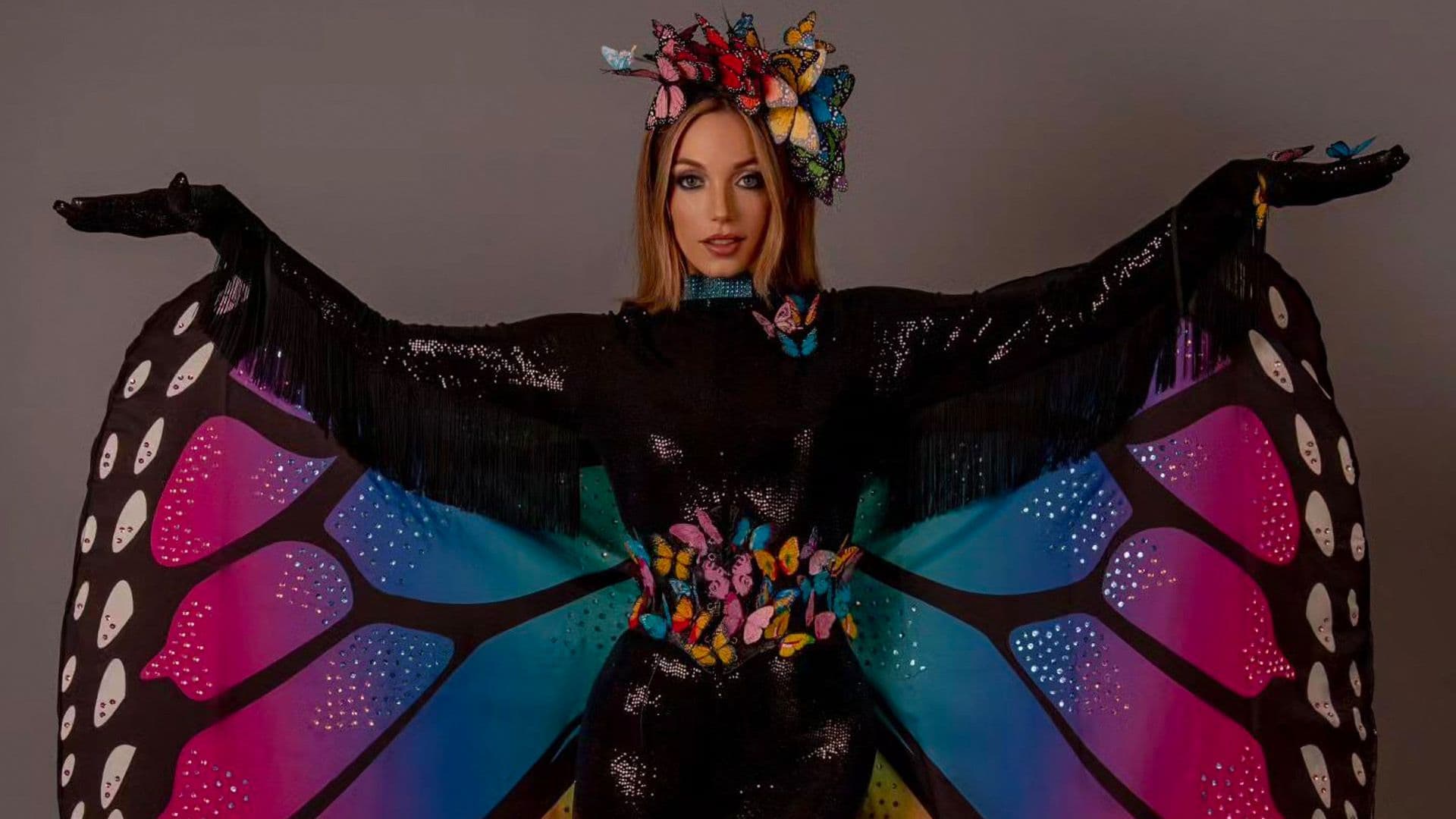Miss Universe Malta Ella Portelli’s ‘FARFETT’ Dress Has A Profound Meaning

Miss Universe Malta, Ella Portelli, recently captured attention with a mesmerising butterfly-inspired dress, serving as a symbolic representation of Malta’s biodiversity.
Once boasting around 50 butterfly species and 550 moth species, Malta’s ecosystem has suffered due to rampant urbanisation and unregulated construction. Portelli’s gown, adorned with delicate butterfly wings, artfully communicates the fragility of Malta’s natural habitat and the detrimental impact of unchecked development on its flora and fauna.
Portelli’s dress carries a profound message, urging sustainable development practices to safeguard Malta’s biodiversity. The intricate design not only draws attention to the environmental challenges faced by the island nation but also underscores the need for global awareness and action. Currently competing in the 72nd Edition of Miss Universe in El Salvador, Portelli represents Malta on the international stage. Her advocacy aligns with a broader global movement toward prioritising nature conservation in the face of escalating urbanisation.
The butterfly-inspired gown acts as a visual manifesto, emphasising the interconnectedness of environmental issues on a global scale. As Portelli competes alongside models from various nations, the symbolism of her dress resonates universally, highlighting the importance of adopting sustainable practices worldwide. Ella Portelli’s presence in the Miss Universe competition not only showcases her elegance but also amplifies the urgent call to address environmental concerns, making her a noteworthy ambassador for biodiversity conservation on an international platform.
#MaltaDaily


